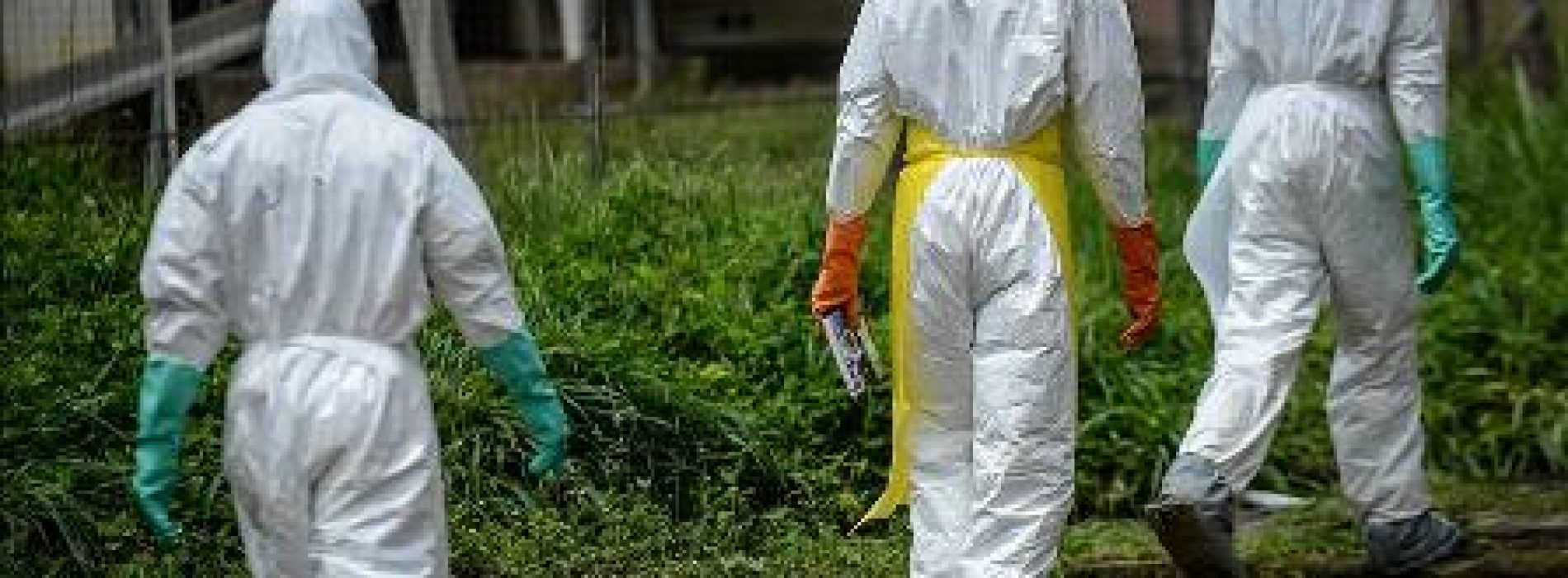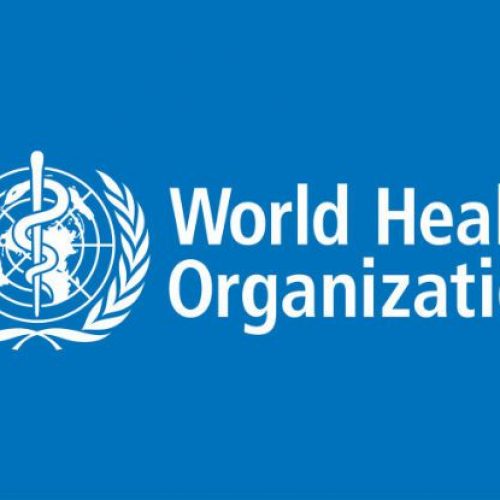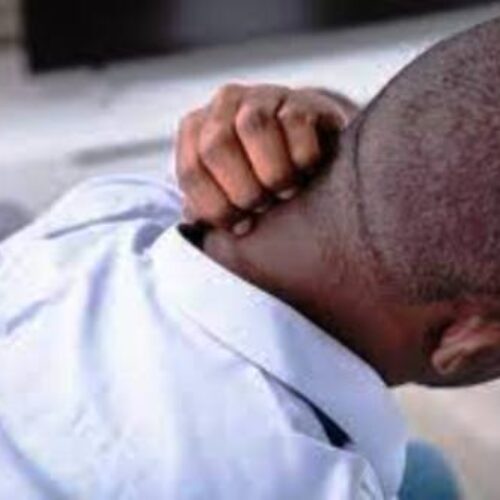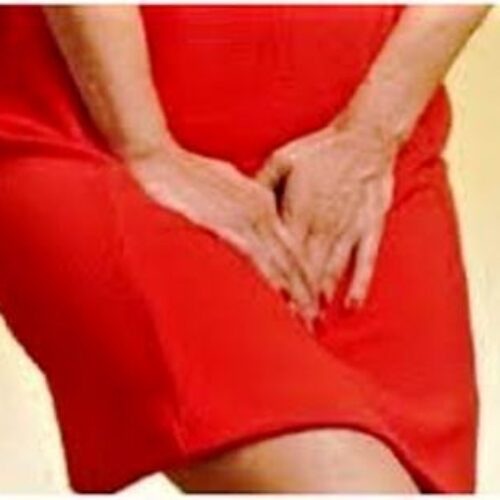WHO deploys new technology for Ebola fight
The World Health Organisation (WHO) said it had deployed new technology that allowed for rapid diagnosis of Ebola virus in the Democratic Republic of the Congo (DRC).
WHO said in a statement that in collaboration with the DRC’s Ministry of Health and partners, it had rapidly set up an intensified field alert and response system resulting in early identification of suspect cases detected in the affected zone.
The DRC is using these new tools, as well as classic ones, to respond to an ongoing outbreak of the virus in a very remote area of the north east of the country, it said.
The world health body said scientists now quickly gathered samples, shipped them to Kinshasa and tested them at the National Institute of Biomedical Research (INRB).
“One of the technologies being used to detect Ebola in DRC is GeneXpert, which was primarily developed to detect cases of tuberculosis, but has been adapted to enable rapid testing of many pathogens – HIV, malaria, STIs, and Ebola.
“At the INRB laboratory in Kinshasa – with support from USAID, WHO, Canada, the Global Outbreak Alert and Response Network (GOARN) and the Emerging and Dangerous Pathogens Laboratory Network (EDPLN) – technicians can use GeneXpert to test for the Zaire strain of Ebola in just one hour.
“For samples that are negative, further testing is then undertaken to check for other strains of Ebola, other viral haemorrhagic fevers, or other diseases.
“Other tests developed during the West African outbreak are also being deployed, such as OraQuick – a rapid diagnostic test, which has been developed with the support of the U.S. Centres for Disease Control and Prevention and GOARN.
“In the field, OraQuick can test blood or saliva samples for Ebola in just half an hour,” the UN health agency said.
Even if many or all suspect cases now being tested are negative, it remains vital to actively follow contacts of all confirmed, probable, suspect cases for 21 days, and then to continue enhanced surveillance for an additional 21-day period, it said.
“Any period of calm is an opportunity to continue building and reinforcing local and country preparedness and response capacities and ensuring rapid investigation teams are ready in case the virus should resurface”.
This is the eighth outbreak of Ebola virus disease in the DRC since the disease was discovered in the 1970s in the country, WHO said.
“Health authorities in this country are recognised throughout the African region and the world has experts responding to outbreaks of this disease,” it said.
Since the major outbreak in West Africa in 2014, an increasing number of diagnostic tools have become available to perform rapid initial testing of samples, the UN agency said.
About author
You might also like
WHO backs mask-wearing on long flights
Omicron variant spreads in U.S. World Health Oranisation (WHO) on Tuesday advised that countries should consider recommending passengers wear masks on long haul flights. WHO said this was to counter
Prof, my neck hurts!
Dear Prof, I woke up this morning with a painful and sore neck. This has happened on a few occasions in the past,but thepain disappeared after two days of taking
Prof, I’ve lost control of my bladder since I had two sets of twins, please help!
Prof Useh answers: You are not alone, many women with multiple pregnancies, multiple vaginal deliveries during childbirth etc. suffer from vagina prolapse. You will be ok when you see a








0 Comments
No Comments Yet!
You can be first to comment this post!